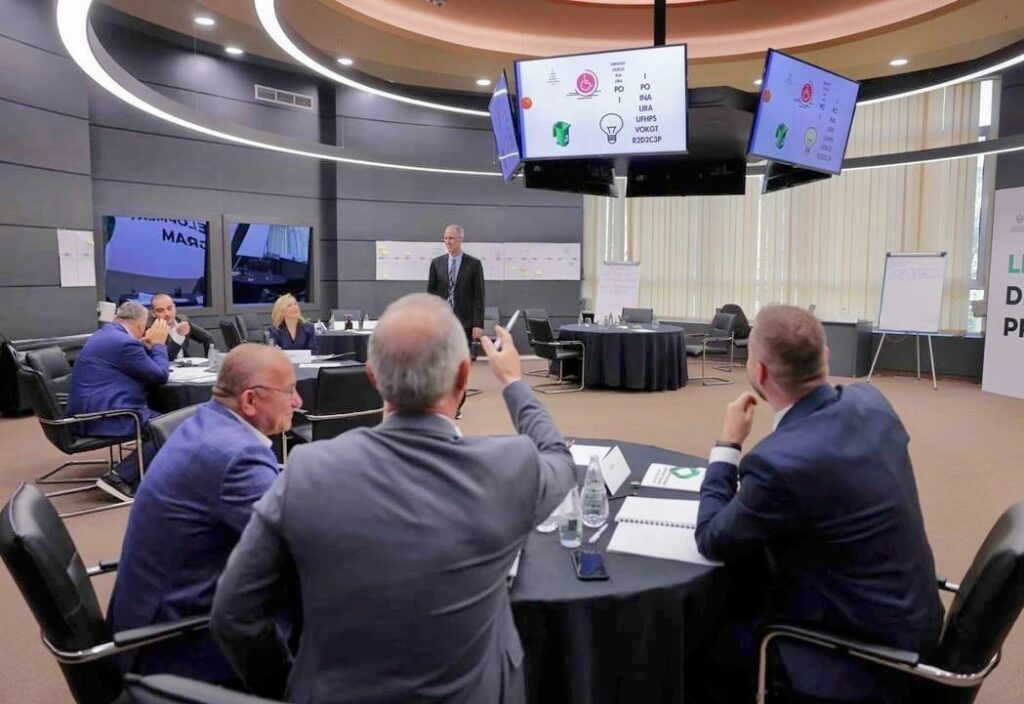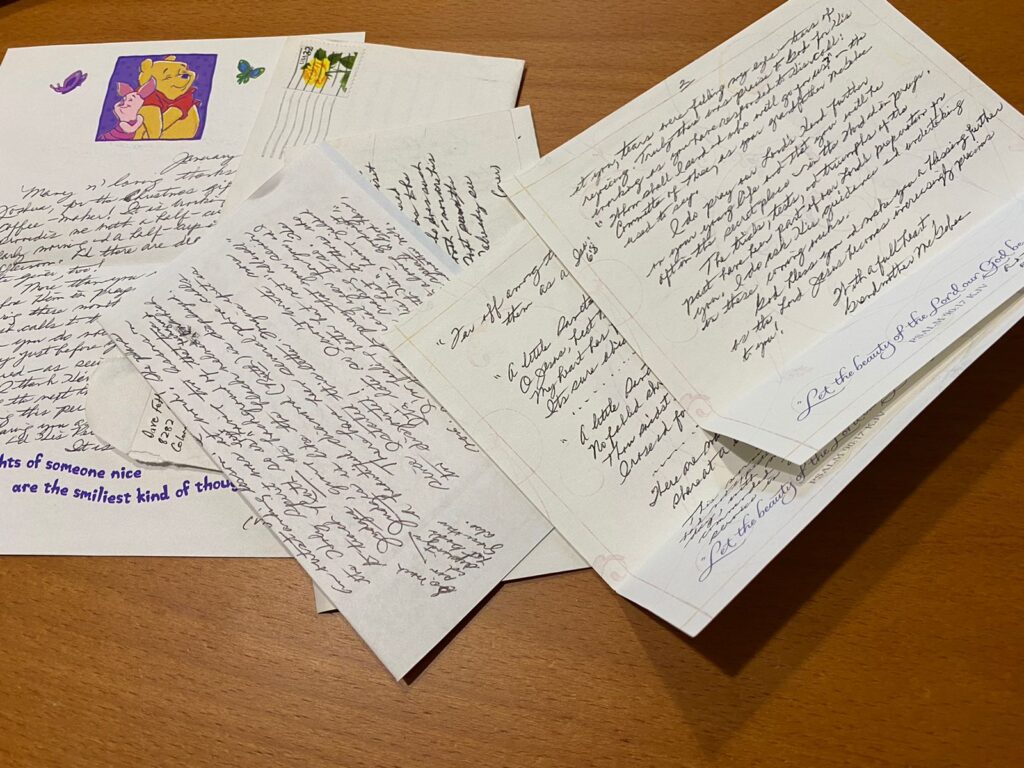“Technology is anything that wasn’t around when you were born.”
– Alan Kay
People are asking questions about AI from the Pyramid to Taiwan to TEG and cafes throughout Albania. Last week, I heard:
“A do të bëhemi të gjithë përtacë?”
“S’do të dimë më të shkruajmë një email?”
“A do të na pushtojnë robotët?!?”
People have doubts.
And fears. And questions.
And theories.
My AI theory?
Even if robots try to take over the world…

Mira Murati will save us!!!

Images created with DALL-E
Joking aside, let’s pause.
AI isn’t some mysterious force—it’s the next step in a long history of technological evolution.
Before we return to Albania, let’s look at what industry leaders are saying.
Is the World getting better? Or ending?
Dario Amodei, CEO of Anthropic, sees a future where over 90% of coding is done by AI.
Sam Altman, founder of OpenAI, sees a future where AI is “unbelievably more capable” than us but that the people in that future world still deeply care about each other.
Satya Nadella, CEO of Microsoft, also sees a lot of potential for AI but he warn about how we think about it. “I don’t like anthropomorphizing AI,” Nadella told Bloomberg Television. “I sort of believe it’s a tool.”
Rather than simply viewing AI as an existential threat, it could help you more to view it as a tool you use as you see fit to help you work smarter and solve problems.
Like other tools—from the hammer to the automobile to the internet—its value depends on how we use it.
Albania’s Tech Transitions
Albania has experienced profound shifts in technology over the last few decades (along with the world).
Think about farming—once dependent on manual labor, now supported by modern tools that save time and increase yield. Electronic tools are now used to test the quality of the ground before planting.
Is this old news?
I just heard about this fall from some folks within the Ministry of Agriculture during a leadership development program.

“If You Don’t Use It, You Lose It”
I walked into a T-Mobile store in my hometown in the U.S a few years ago.
The employee asked, “Where are you from?”
“Cincinnati,” I said.
He replied, “Yeah, but where are you originally from?”
Without realizing it, I had lost my “American” accent.
Technology’s Impact on Thinking
Calculators in London
A neighbor from Kosovo once told me about a London power outage. The electronic systems went down, and restaurant employees were forced to calculate bills manually. He was the only one who could do the math with pen and paper!
From Gma to Gmail
My Gma (grandma) never published a book, but she wrote enough letters to publish volumes!
My mom writes but not as often.
I used to write letters all the time. But with the arrival of Gmail, I write less often. Honesty, it’s just harder for me to write legibly with pen and paper than 20 years ago.
Without balance and boundaries, AI will impact us.
Over time, “if you don’t use it, you lose it.”

Will AI Make Us Stop Thinking?
Did we become less effective at writing letters the more we write emails?
Yes.
Do we struggle to navigate roads the more we rely on GPS?
Yes.
Will you become less effective at summarizing reports?
If you don’t use it, you lose it!
But it doesn’t have to be a zero-sum game!
It is possible that you spend less time summarizing and more time on higher-level thinking tasks such as applying, evaluating, and synthesizing.
Treat AI as a Tool, Not a Threat
Is it helpful to consider AI as the next step in innovation?
Similar to computers in the past?
AI’s Early Days
If you’ve seen the movie “Imitation Game,” you know that Alan Turing was a Mathematician who decoded Nazi messages during WWII.
He and his team built the prototypes of what we today call the modern computer.
Alan Turing once said:
“One day, ladies will take their computers for walks in the park and tell each other, ‘My little computer said such a funny thing this morning.'”
He saw that computers were tools—not threats.
Courage to Adapt
We must face the future with fortitude—a fancy word known as “courage with an F.”
Some of us are old enough to remember when computers first entered offices. People feared job losses, but folks adapted. The key to adapting this time?
Upskilling.
For those of you who spend much of your day in front of computers, a few small steps can make a difference.
Imagine…
… spending 10 minutes instead of 10 hours to design a PowerPoint
… an Excel sheet corrected in seconds
… 24/7 access to an expert in data analysis
Final Thought
AI is here, and it’s not going anywhere.
How we use it. That’s up to you and me!
Acknowledgments: I’m grateful to Paul Johnson and Paul Lofquist for reviewing earlier drafts, and I’m grateful for the assistance of my ChatGPT Assistant in writing it.
